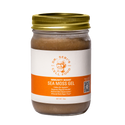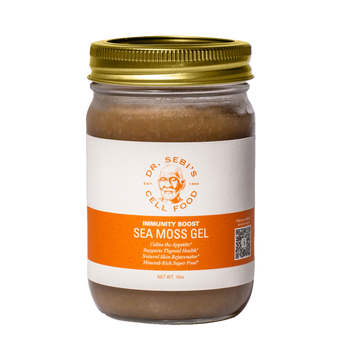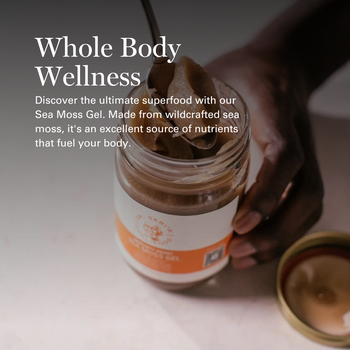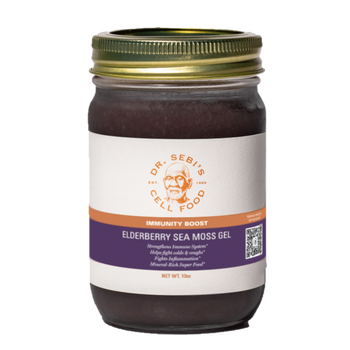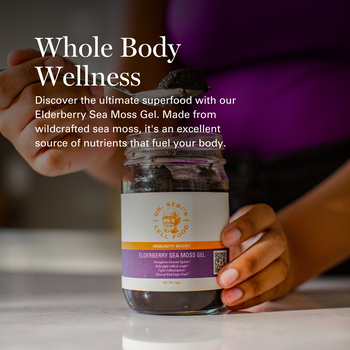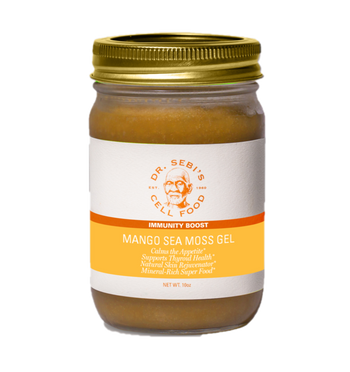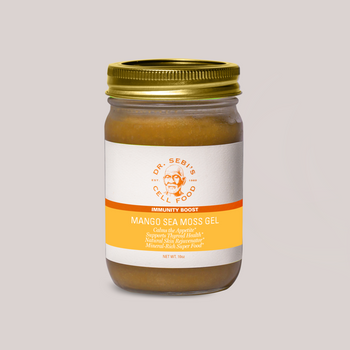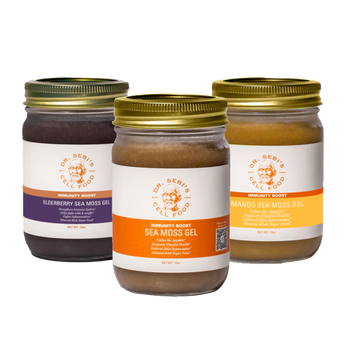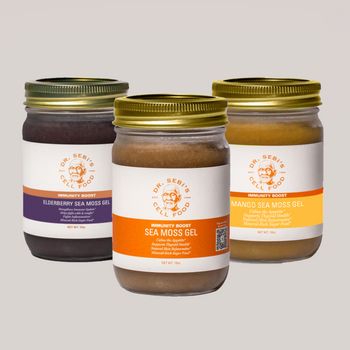When you walk through a supermarket, the abundance of fruits and vegetables may seem like the very picture of health. But not everything in the produce section is what it seems. Many of the foods we eat today are not naturally occurring but are instead hybrid foods—plants that have been deliberately crossbred by humans to enhance certain traits.
Dr. Sebi consistently warned against the consumption of hybrid foods, emphasizing that they disrupt the natural balance of the body and lack the full spectrum of minerals necessary to sustain life. For him, hybrids were more than a dietary concern—they
represented a disconnection from nature’s original design.
In this article, we’ll explore what hybrid foods are, why they can be harmful, the philosophy behind avoiding them, and the alternatives approved in Dr. Sebi’s Nutritional Guide.
What Are Hybrid Foods?
Hybridization occurs when two different species or varieties of plants are crossbred to produce a new plant with “desired” traits such as:
- Increased sweetness
- Longer shelf life
- Higher yield
- Resistance to pests or drought
This can happen naturally through pollination, but in modern agriculture, it is typically controlled by scientists and farmers. Unlike genetically modified organisms (GMOs), which involve altering DNA in laboratories, hybrid foods are bred through selective cross-pollination.
Still, the result is the same: a food that does not exist in nature.

Examples of Hybrid Foods
Some common foods in the grocery store that are hybridized and not included in the Nutritional Guide:
- Broccoli
- Carrots
- Corn
- Cauliflower
- Seedless fruits (like seedless grapes or seedless watermelon)
- Potatoes
At first glance, these may appear harmless, but Dr. Sebi taught that their man-made nature leaves them nutritionally incomplete.
Why Hybrids Are Problematic
1. Incomplete Mineral Structure
Natural plants grow in harmony with their environment and absorb minerals from the soil in a balanced way. Hybrid plants, however, often lack the full mineral profile. For example, hybrid grains can be high in starch but low in essential trace minerals like iron, magnesium, and zinc.
2. Digestive Stress
The human body is designed to recognize natural plant chemistry. Hybrids often create digestive challenges because they contain unnatural ratios of starch, sugar, and fiber. This can lead to bloating, constipation, or nutrient malabsorption.
3. Mucus Formation
Dr. Sebi emphasized that many diseases stem from excessive mucus in the body. Hybrid foods tend to create mucus and inflammation, burdening the respiratory, digestive, and circulatory systems.
4. Weakened Immunity
Because hybrids lack complete mineral content, they fail to nourish the blood adequately. Over time, this weakens the immune system and makes the body more vulnerable to disease.
The Philosophy Behind Avoiding Hybrids
For Dr. Sebi, the issue went beyond physical nutrition. He viewed hybrid foods as unnatural creations that disconnect us from the order of nature.
In nature, every fruit and vegetable has seeds and the ability to reproduce itself. Seedless fruits, while convenient, are sterile. Eating sterile foods, he argued, introduces imbalance into the human system.
By consuming hybrid foods, we move further away from the original blueprint of creation. Avoiding them is not about fear but about alignment—choosing foods that exist as nature intended.
Approved Alternatives (from Nutritional Guide)
Instead of hybrid foods, Dr. Sebi's Nutritional Guide offers abundant natural alternatives:
- Instead of carrots → Choose zucchini or squash.
- Instead of corn → Use quinoa, fonio, or wild rice.
- Instead of seedless grapes → Always opt for seeded grapes or seeded melons.
- Instead of white potatoes → Try burro bananas or squash for starch.
- Instead of broccoli or cauliflower → Use kale, dandelion greens, or amaranth greens.
These alternatives provide complete mineral profiles and nourish the body without creating excess mucus.
Practical Tips for Avoiding Hybrids
1. Check for Seeds
When buying fruits like grapes, watermelon, or citrus, always choose seeded varieties. Seeds are the sign of life and
reproduction.
2. Know Your Grains
Replace wheat, rice, and corn with alkaline grains like quinoa, amaranth, fonio, spelt, and wild rice.
3. Shop Smart
Stick to farmers’ markets or organic suppliers when possible. Ask questions about the origin of foods. International supermarkets, like Mexican, Chinese, or Caribbean, offer a different variety than most local supermarkets. Produce like nopal, prickly pear, and burro bananas are easily found in smaller, non-chain supermarkets, usually at an affordable price and in season.
4. Cook Creatively
If your favorite dish traditionally uses a hybrid food, experiment with alkaline substitutions. For example, replace mashed potatoes with mashed squash or burro bananas.
FAQs
Q: Aren’t hybrid foods still natural since they’re grown in soil?
A: They may grow in soil, but they are man-made crossbreeds that do not exist in nature’s design. Very often, they are harvested out of their normal season, and don't contain the nutrients your body needs.
Q: Are hybrids the same as GMOs?
A: No. GMOs are genetically modified in labs, while hybrids are bred through selective cross-pollination. Both, however, are not part of nature’s original blueprint.
Q: Is it dangerous to eat hybrids occasionally?
A: Eating them occasionally may not cause immediate harm, but relying on them consistently can weaken the body’s mineral balance and immune strength.
Q: Are seedless fruits really that bad?
A: Yes. Seedless fruits cannot reproduce and therefore lack the life force energy and full nutritional profile of seeded fruits.
Dr. Sebi’s Perspective
Dr. Sebi often said, “If nature didn’t make it, don’t take it.” For him, the issue of hybrids was about more than science; it was about trust in the wisdom of creation. He argued that the body thrives only on foods designed by nature.
This philosophy challenges us to see food not merely as fuel but as an energetic connection between humans and the earth. By avoiding hybrids, we honor that connection.
Conclusion
Avoiding hybrid foods may seem difficult at first, given how common they are in modern markets. Yet the Nutritional Guide provides a wealth of delicious, mineral-rich alternatives.
The goal is not deprivation but restoration. By choosing alkaline, seeded, and natural foods, we return to the body’s original design, prevent mucus buildup, and strengthen immunity.
Hybrid foods symbolize disconnection, while alkaline foods embody balance and vitality. By making conscious choices, we not only nourish our bodies but also honor the natural order.
Want to start the transition? This Alkaline Diet Micro-training Course is the best way to get started!

